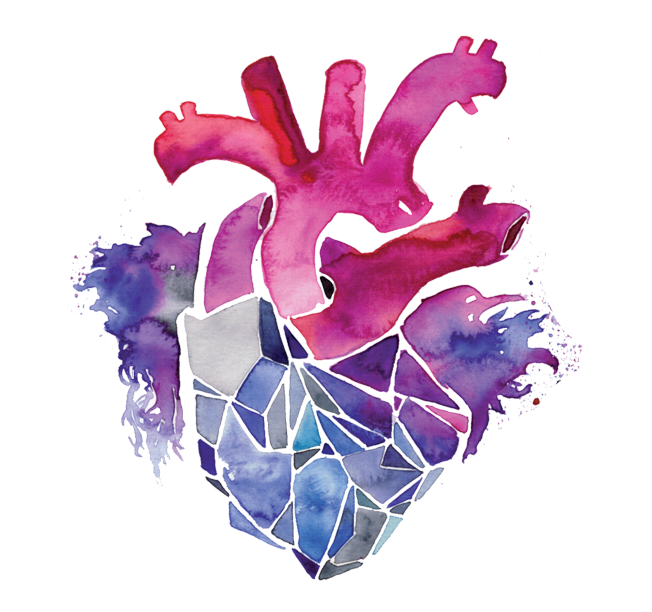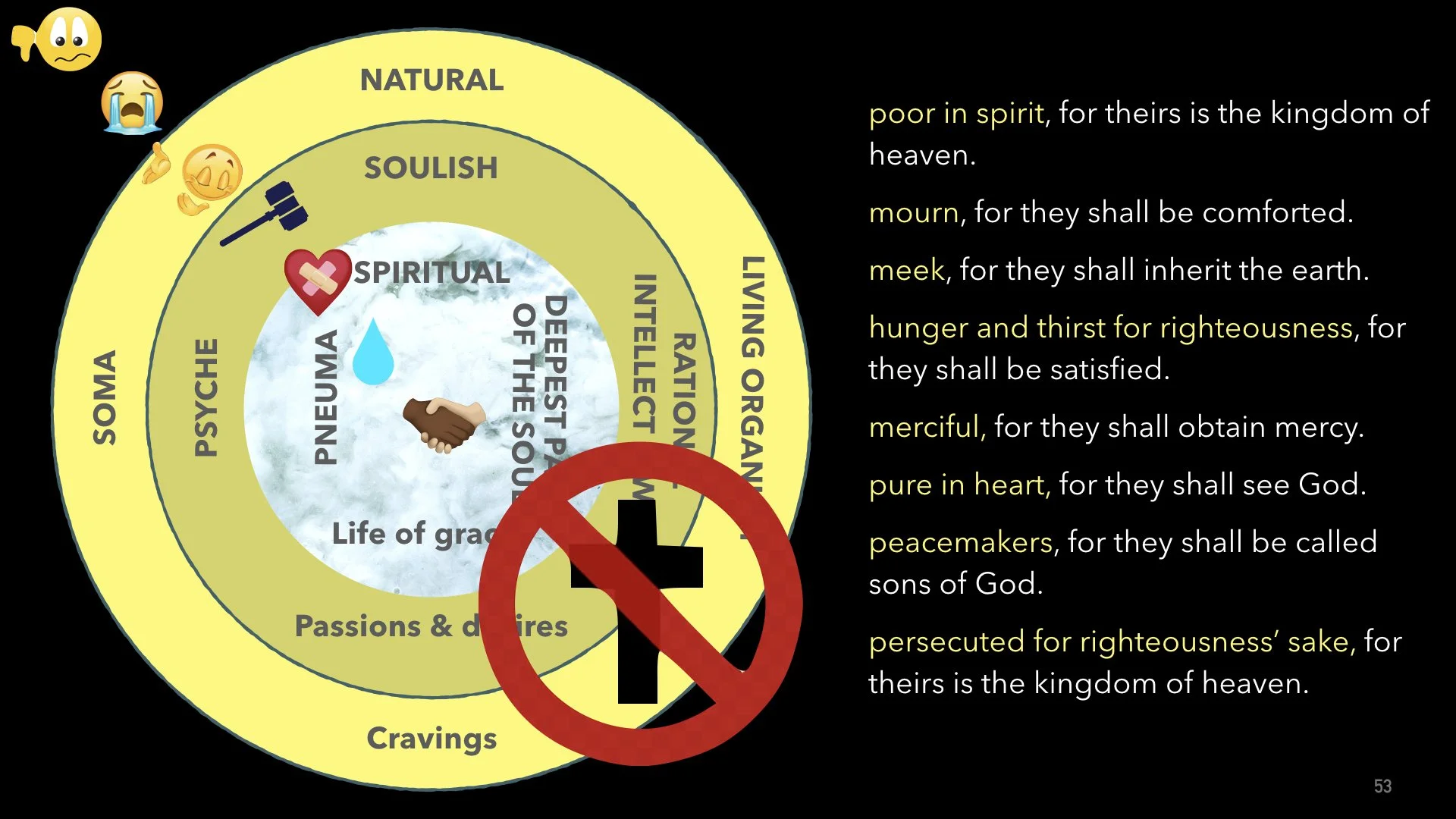Am I supposed to be poor?
“Blessed are the poor in spirit, for theirs is the kingdom of heaven. ”
I grew up without a bathroom and only one tiny cold water source in the house, no money, no phone, no AC, and with a coal stove (we had to bring the coal on the fourth floor in metal buckets every other day, no elevator), no tv (till I was 12), no fridge, no washing machine (till I was 11 or so), very little means, no car, in 150 square feet room. That room was our bedroom and living room since I remembered.
I did not feel poor. I felt I had the basics, although some people came from far better circumstances than me and some of my friends at school had better homes. I remember the thrill of moving to a one-bedroom apartment with my mom when I was 14. It felt like a palace, so big and bright, so much space (about 520 square feet) to fill, a bathroom with hot water and a toilet, a kitchen, a hallway, and a balcony! We did not have enough furniture for some months and there was nothing really growing around our apartment building, the streets were not finished, there were two trams (public transportation) to take us to the city, not many stores within walking distance. But life, as I knew, has changed since we finally had a space with possibilities. As the years went by, we furnished the apartment and my mom still lives there. Compared to other countries I lived in, it is still very modest, but so many great memories of people visiting, family and my local community events, tons of prayers and discipleship small groups, late-night conversations that happened there. The place is packed with the Presence of love.
Enter ‘The West” lifestyle.
The amount Americans spend in a single weekend is more than half of the total they give to churches in an entire year. Enough K-Cups were thrown out in 2014 to encircle the Earth 12 times. Nearly 40 percent of Food in America goes to waste. In America, more money is spent on fashion accessories than college tuition. Wealthy nations waste almost as much food is produced in all of sub-Saharan Africa. Nearly half the world’s toys are in America. The average American household has more than $7,500 in consumer debt. America creates more electronic waste than any other nation on earth. Homes in the U.S. contain more TVs than they do people. 12 percent of the population does more than half of the spending. Plastic kills 1 million seabirds every single year. (from 11 Stats that Will Change The Way You Think About Consumerism)
Wait, I’m not done with it yet.
There are 300,000 items in the average American home. The average size of the American home has nearly tripled in size over the past 50 years. 1 out of every 10 Americans rent offsite storage. 25% of people with two-car garages don’t have room to park cars inside them and 32% only have room for one vehicle. Currently, there is 7.3 square feet of self-storage space for every man, woman and child in the nation. British research found that the average 10-year-old owns 238 toys but plays with just 12 daily. The average American woman owns 30 outfits—one for every day of the month. In 1930, that figure was nine. The average American family spends $1,700 on clothes annually. The average American throws away 65 pounds of clothing per year. Television sets are turned on for more than a third of the day—eight hours, 14 minutes. Women will spend more than eight years of their lives shopping. Over the c Americans spend $1.2 trillion annually on nonessential good source of our lifetime, we will spend a total of 3,680 hours or 153 days searching for misplaced items. (from 21 Surprising Statistics That Reveal How Much Stuff We Actually Own)
Don’t stop reading now because you feel bad or because you roll your eyes and don’t want to feel bad.
I was shocked when I came to the USA, first in the ’90s, and saw tv in almost every room in almost every house, so many bathrooms per each house, but mostly, so much STUFF everywhere that required so much attention and worry. The trendy minimalism has taken a lot of people by storm in search of a simpler lifestyle yet so many people can not afford to become minimalists because they need to cling to some things, just one case, one item, one box, it might be needed later on in life, even if it’s once a year or so.
When we raise the question of the first church living with common goods being out together, it is sometimes easily dismissed as idealistic, primitive, and accessible only to the religious orders. The word ‘poverty is shunned and not desired. Success equals prestige, possessions, and position. Conversations change quickly to debating socialism vs capitalism when addressing poverty in particular. No one wants to be poor, No one wants to feel poor. Yet the first sentence on Jesus’ lips, His manifesto of life, starts with saying “Blessed are the poor in spirit…”
To think about biblical poverty or biblical blessing is impossible without addressing the heart first. Admit you need help. Don’t seek the best version of yourself. Seek a supernatural version of your SELF. This is the gate to a path of Beatitudes and an answer to anyone struggling with the question of biblical poverty, wealth, simple lifestyle, material success, apostolic availability and readiness, radical evangelical commitment to the Gospel.
Jesus gathered people and delivered His main sermon, his manifesto for life, a plan on how to live a meaningful life starting by addressing this very issue: poverty of heart is needed in longing for a meaningful life. “Blessed” used by Jesus at the beginning of the Sermon on the Mount could be translated as ‘happy’ although it has a deeper meaning than what we describe casually as ‘happiness. The Beatitudes respond to the natural desire for happiness. So Jesus is setting the stage for people who are seeking to fulfill their primary goal in life: to be happy.
The first goal is set as poverty of heart. It’s the entry to understand how the Kingdom of God operates and what paradigms it needs to deconstruct. This state can not be achieved by man, it has to be received as a gift but it also needs to be accompanied by human will, cooperating with God’s grace. It’s the divine power moving on our hearts that enables us to respond out of love, not out of obligation. Thus Beatitudes are the goals but also the works of hearts freed from attachments. Hearts that are not disillusioned anymore. Hearts that have to admit its poverty, its need of God’s Spirit to deliver love, care, and attention, so we can go out every day with that filial affection oozing from the Heart of God. And once we start living from a heart immersed in his Heart, we can start imagining what biblical, Book of Acts apostolic poverty, might just look like in the 21st century.
We need to start spiritual and physical decluttering somewhere and that somewhere is your heart, my heart, our houses, and families.
ACTION:
We are meeting online weekly during ADVENT for discussion about simple life while reading ‘Happy Are You Poor” by Fr. Dubay.
Consider helping us in attending or purchasing donations for our weekly Advent Outreach at Skid Row in Los Angeles.
Join us for weekly meetups online during Advent 2021 (Wed, 7:30pm PST)
Purchase items for our weekly Advent Outreach to the poor
Sign up for Sermon on the Mount course on demand HERE




